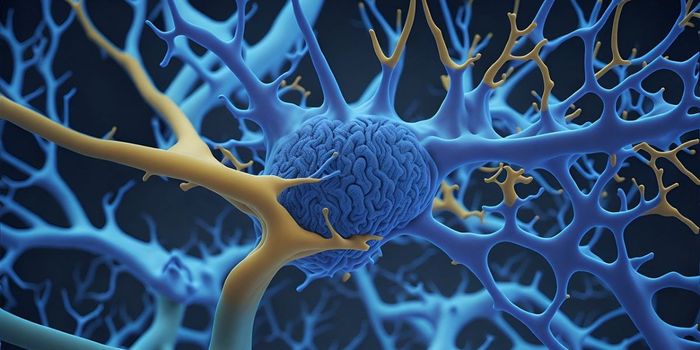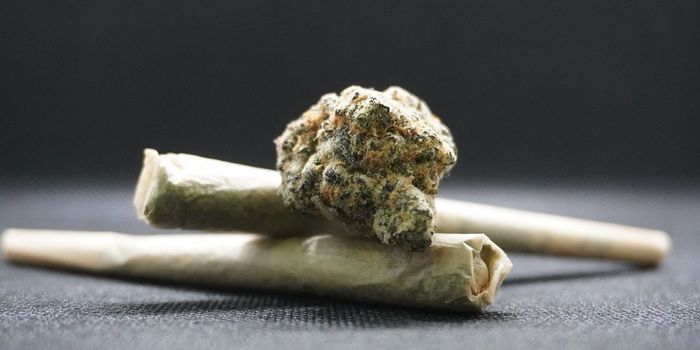Why Delta-8-THC is Different to Regular THC
In recent months, a cannabinoid known as delta-8-tetrahydrocannabinol (THC) has increased in popularity.They are seen in more and more products such as these delta-8 carts from Exhale Wellness. While similar to its more commonly known relative, delta-9-THC (the most abundant psychoactive cannabinoid in cannabis), its effects seem to differ.
Cannabis flowers usually consist of less than 1% delta-8-THC, making it a minor cannabinoid that is usually only available in concentrated forms. The chemical is also degraded from delta-9-THC when stored over long periods of time.
From a chemical perspective, delta-8-THC differs from delta-9-THC due to the location of a shared double-bonded carbon in their structure. While seemingly subtle, the difference has a significant impact on the molecules' shape and how they interact with the body's endocannabinoid receptors.
While both delta-8-THC and delta-9-THC bind to the body's CB1 receptors (that mediate most of the psychotropic effects of THC) when inhaled, their affinity is slightly different due to their different structure and shapes. This may explain why some people report that delta-8-THC produces a milder and clearer high with less anxiety than the delta-9 variety.
How it is consumed, however, may change its effects. While little research has been conducted on delta-8-THC until now, delta-8 and delta-9-THC are known to convert to 11-hydroxy-THC in the liver. This means that, when ingested in edible form, they may have similar effects as opposed to when inhaled.
So far, research suggests that delta-8-THC, when applied topically, may be useful for pain relief for corneal injury in mice. The same study also found that the chemical may also help reduce inflammation via its action CB1 receptors. Meanwhile, anecdotal reports suggest it may be able to reduce anxiety, while other research suggests it may have a positive effect on nausea and stimulating appetite.
While the cannabinoid may have some positive effects, as most studies on the compound have been conducted on animals, human studies are needed to confirm any possible health benefits.









